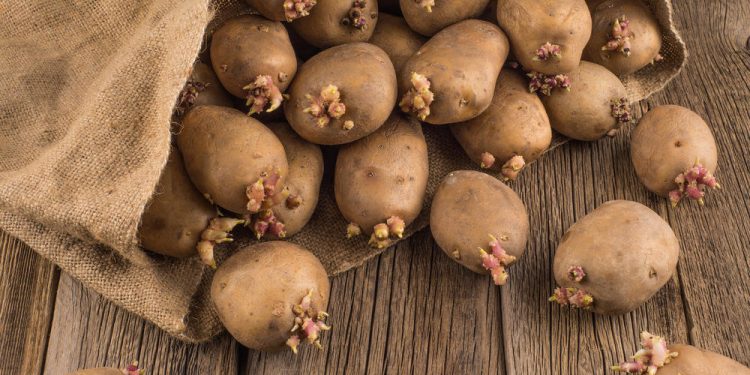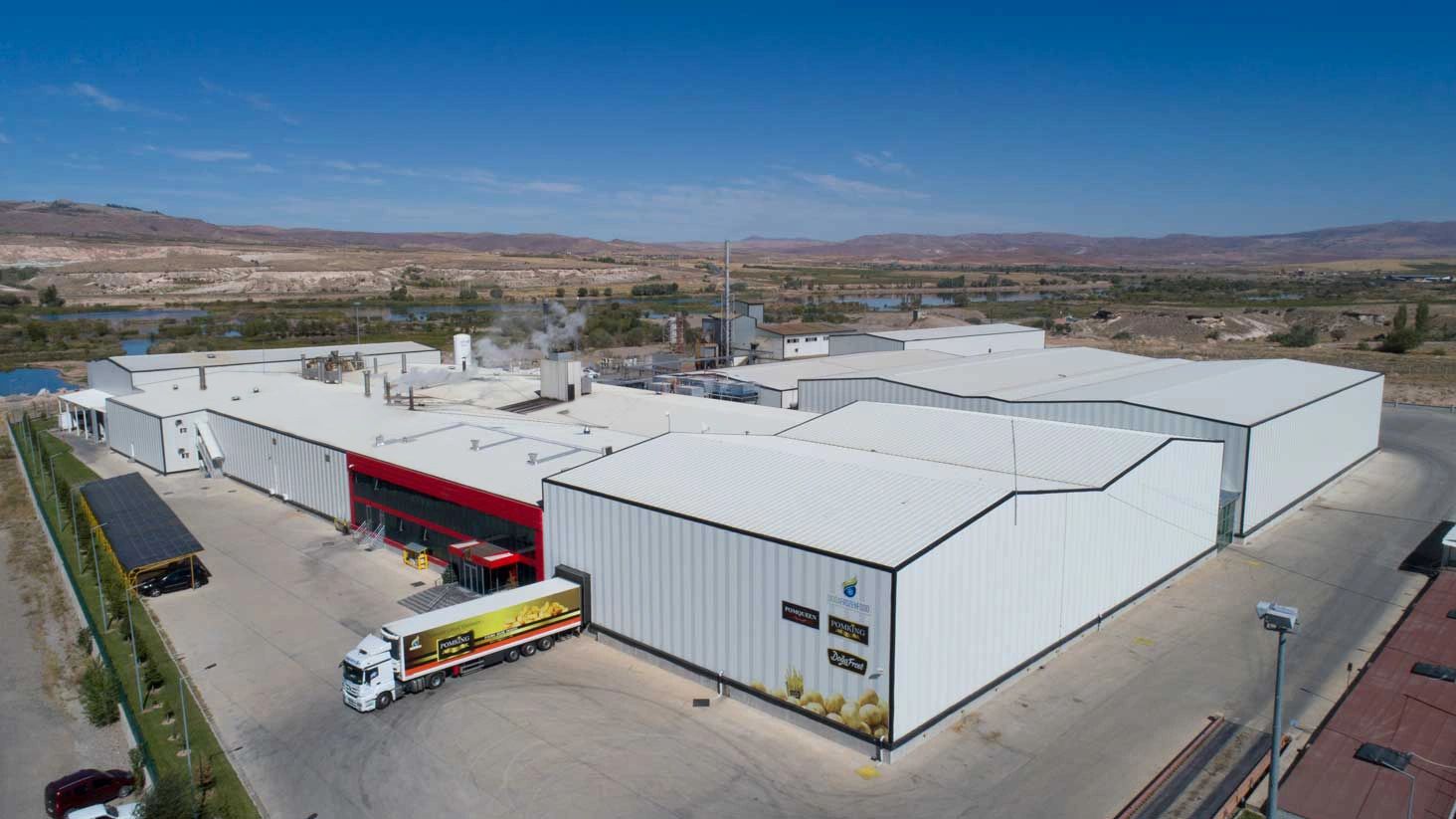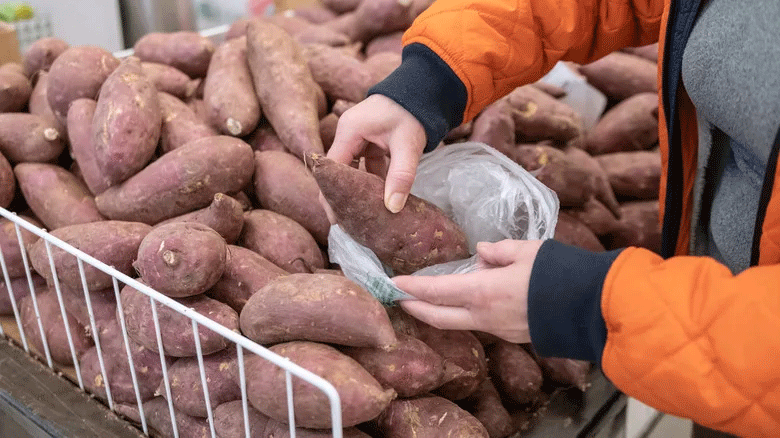Climate change is already posing serious challenges to global food production. Rising temperatures, higher CO2 levels and water shortages are affecting important crops such as wheat, corn, millet, sorghum, rice and potatoes. A recent study published in the journal Potato Research provides critical insight into how spring and summer potatoes are responding to climate change and suggests adaptive strategies that can be applied around the world.
The study, conducted by scientists from the Leibniz Center for Agricultural Landscape Research (ZALF) and the Brandenburg University of Technology Cottbus in South Korea, revealed the different effects of global warming on spring and summer potatoes. The study not only examines these effects, but also suggests adaptation strategies that may help mitigate the adverse effects.
Effect of CO2 Fertilizer
One of the key findings of the study is the potential for CO2 applications to offset the negative impacts of rising temperatures. The CO2 fertilization phenomenon refers to the enhancement of photosynthetic capacity and plant growth rate due to higher CO2 concentrations in the atmosphere. This can lead to faster growth and higher yields.
Under conditions of moderate climate change, adjusting spring potato planting schedules can significantly improve yields, according to the study. By planting earlier, farmers can take advantage of increased CO2 levels, potentially increasing spring potato yields by up to 60%.
Strategies to combat severe climate change
In more severe climate change scenarios, researchers recommend developing heat-tolerant varieties of spring potatoes. When growing summer potatoes, the main attention should be paid to the breeding and selection of varieties that are resistant to higher temperatures. This approach is critical regardless of the climate scenario as it directly addresses the challenges associated with extreme heat.
Long-term food security and sustainable practices
Lead author Yang-Wook Kim highlights the importance of these findings for long-term food security and sustainable agricultural practices. The integration of agricultural and climate models in this study is a clear example of how regional adaptation strategies can be effectively developed.
As a next step, the researchers plan to study the impact of an increase in extreme weather events on agricultural production, which was not covered in the current study. This future research aims to develop more comprehensive adaptation strategies that will help farmers cope with the full range of climate change impacts while ensuring long-term food security.
The study highlights the importance of adaptive strategies in mitigating the impacts of climate change on potato production. By harnessing the effects of CO2 fertilization and developing heat-tolerant varieties, farmers can maintain and even increase potato yields despite the challenges posed by global warming. Continued research and innovation are needed to develop effective, regionally focused strategies to ensure global food security.







